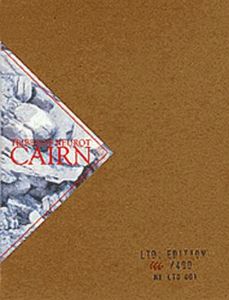

The underlying journey Collins takes -guided or inspired by these historical figures-is toward acceptance.

In it, Collins’ interweaves the story of various fascinating historical figures who were likely autistic with the very personal story of his own son’s autism diagnosis. Michael: Shortly after my son’s diagnosis, I read Paul Collins’ excellent book, Not Even Wrong. Knowing what the book meant for me as an autistic, I was curious if it had a particular meaning for you as a parent. It’s the first time I’ve read something that helps me develop more of big picture understanding about autism and my own life. So as I’m reading this historical account that spans more than 70 years, I’m surprised at how personal the material feels, at least for me.

Prior to this book, I wasn’t really sure how my own experiences fit in with the topic of autism. M: For me, the book has been somewhat of a revelation, because I’ve had a hard time understanding how to process the wide variety of experiences autistics can have. In fact, NeuroTribes has become my de facto recommendation, or gift, for anyone interested in autism I was familiar with many of the stories and insights covered in the book, but Silberman goes into such depth, and is such a good writer, that I was engrossed throughout. Kelter: First off, just a general question: what did you think of the book? I was curious about your overall impression, and how much of the material you found to be new or interesting. The result was conversations with two people who have different connections to autism: Michael McWatters, the father of an autistic son, and Deborah Budding, PhD, a clinical neuropsychologist. Knowing this reaction to NeuroTribes had a lot to do with my own diagnosis, I became curious as to how non-autistics feel about Silberman’s book. The book not only avoids the usual pitfalls of fear-mongering and stigmatizing language that surround the topic of autism, but actually explains the origins of those pitfalls-as it pieces together a comprehensive history of both the autism spectrum itself, and the various ways ‘autism’ has been defined over the decades. As an autistic, the impression I was left with after reading Steve Silberman’s book NeuroTribes was one of enormous relief.


 0 kommentar(er)
0 kommentar(er)
